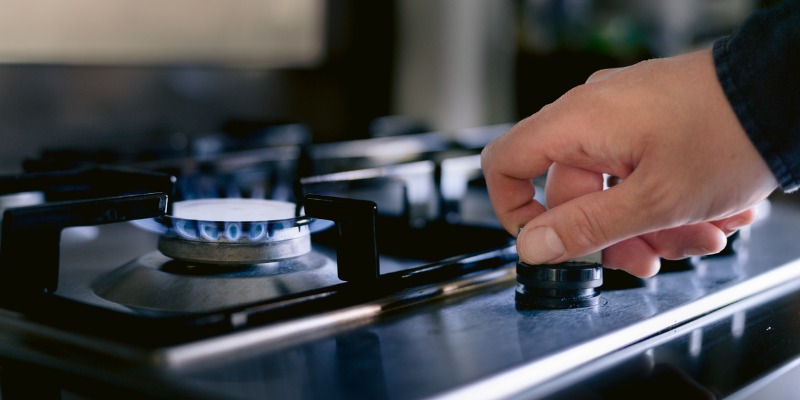Activists launch evidence-free crusade against gas stoves

As the insanity of flawed COVID policy recedes in the rearview mirror, so-called “green” advocacy groups are trying to re-establish their agenda as the guiding principle for our time. And the newest crusade is aimed at your natural gas stove. The U.S. Consumer Product Safety Commission wants to ban new gas-fuelled stoves based on “new science” that, it claims, shows natural gas cook stoves are aggravating asthma in kids. And rest assured, in Canada the anti-fossil fuel crowd will soon demand the same thing.
But there’s one problem with this proposed coercive policy—it’s not based on real-world evidence of real-world harm, but rather on speculative computer models of little or no real-world utility. Nobody analyzed actual inhaled air samples or measured the breath volumes of real children. These claims of harm are based on speculative computer models, which epitomize the garbage-in-garbage-out modelling that leads to garbage policymaking.
So where did these new claims, that your stove is killing your children, come from? Two recent articles in the scientific literature. The first article is by a team of Harvard researchers who analyzed the gas flowing into homes and stoves in Boston and detected a higher level of toxic compounds than they expected to find. Okay, fair enough, that’s probably good to know, particularly if you sniff gas directly from the pipes. However, that research measured gas in the pipes, not in the ambient air in the homes—you know, the stuff most people would actually breath. The researchers did, however, estimate how much might be in the air based on a proxy measurement of the concentration of natural gas-odorizing chemicals in the gas, and concluded that the leakage level of most-worrisome toxins would likely be well below safety levels established by current air quality regulations.
The second study, the one that has activists all fired up, is from the Rocky Mountain Institute (RMI), an environmental activist group well-known for its alarmist orientation. The RMI paper is a “meta-analysis,” a notoriously weak research method where a grab bag of studies conducted by different research groups (to study different issues, in different places, with different methods) are glommed together and treated as if they were actually a single study looking at a single thing. In this case, researchers looked at pooled statistical model studies that estimated how much childhood asthma is aggravated by having a gas stove in the home. Again, we’re not talking about actual measurements of ambient air nor measures of actual children having actual asthma attacks; these are correlation studies that take what might be coincidence and spin it as causality.
And the deeper you dig into the latest scare, the more absurd it becomes. The estimates about speculative aggravation of speculative children’s asthma came from a study that estimated the fraction of asthma attacks Australian children were having in homes with natural gas stoves and (wait for it) wetness and mold problems. And no actual data was used in that study either—no air tests, no kids.
After the computer revolution of the 1970s, it became cheaper and easier to use computer models to simulate risks of harmful things than it was to actually measure them. But these modelling studies are not evidence of anything in the real world, nor can they justify coercive government policy. Governments should eschew speculation-based policies based on political whimsy dressed up as harm prevention.
Author:
Subscribe to the Fraser Institute
Get the latest news from the Fraser Institute on the latest research studies, news and events.

